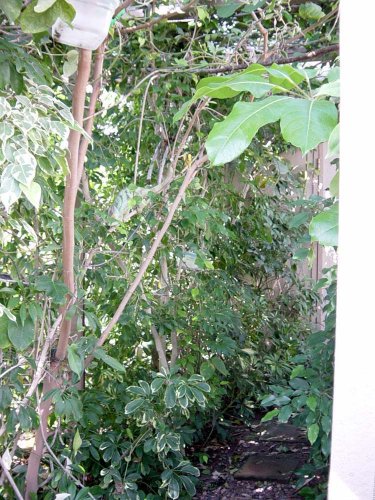Sepioteuthis
New Member
Since there are a lot of young melleri out there at the moment I thought it prudent to share this account of my friend's CB melleri that suffered a prolapse due to overfeeding.
The keeper of this melleri had been feeding it very liberally from when she got it at 4 months old. Everything went great until at 10 months old when the poor thing suffered an intestinal prolapse.
The keeper, who did her research before getting a melleri, took it to Dr. Stahl who remarked that such prolapses are usually caused by overfeeding.
She has been feeding a varied diet of crickets, roaches, silkworms and mealworms and was providing all other proper care.
The one thing that might have been a warning sign is that this melleri was growing very fast, passing the 100 gram mark 3 months earlier than any of mine.
This is not to say that all fast growth is bad, but it's also not something to strife for.
As for treatment; Dr. Stahl was able to surgically fix the prolapse and prescribed antibiotics and a strict diet. The melleri is currently recovering.
The moral of the story is just because melleri are greedy little food hounds doesn't mean we should give them as much as they want, even when they are young.
Dr. Stahl once told me to observe my chameleons' feeding behavior to determine how much food they need.
When you give a chameleon a bowl of crickets it will start picking them off one after the other. But sooner or later there will be a pause, where it looks like the cham is debating whether to take another one. This is when you should get them away from the buffet table.
- Suzanne
The keeper of this melleri had been feeding it very liberally from when she got it at 4 months old. Everything went great until at 10 months old when the poor thing suffered an intestinal prolapse.
The keeper, who did her research before getting a melleri, took it to Dr. Stahl who remarked that such prolapses are usually caused by overfeeding.
She has been feeding a varied diet of crickets, roaches, silkworms and mealworms and was providing all other proper care.
The one thing that might have been a warning sign is that this melleri was growing very fast, passing the 100 gram mark 3 months earlier than any of mine.
This is not to say that all fast growth is bad, but it's also not something to strife for.
As for treatment; Dr. Stahl was able to surgically fix the prolapse and prescribed antibiotics and a strict diet. The melleri is currently recovering.
The moral of the story is just because melleri are greedy little food hounds doesn't mean we should give them as much as they want, even when they are young.
Dr. Stahl once told me to observe my chameleons' feeding behavior to determine how much food they need.
When you give a chameleon a bowl of crickets it will start picking them off one after the other. But sooner or later there will be a pause, where it looks like the cham is debating whether to take another one. This is when you should get them away from the buffet table.
- Suzanne





